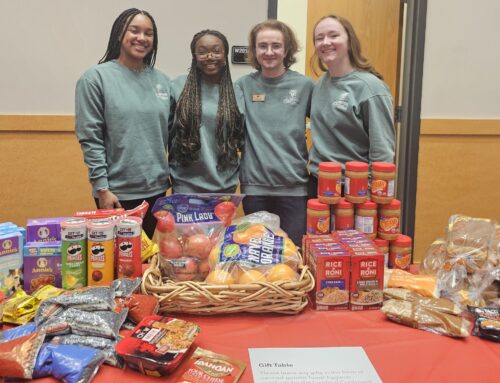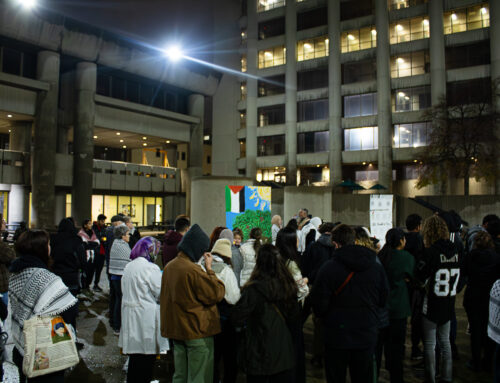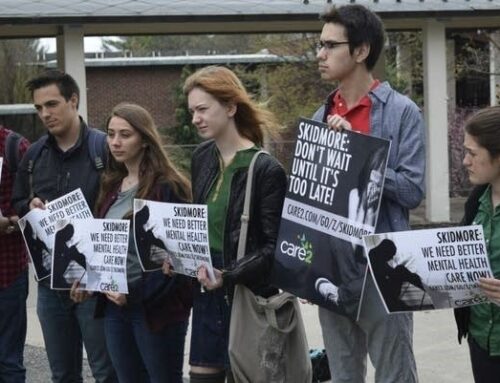The Cultural Center has recently added a new splash of greenery to the University of Louisville Belknap Campus. A groundbreaking movement is taking place at U of L, literally.
What started as a partnership between the Cultural Center and Louisville Grows – a nonprofit organization that provides sustainability consultation – soon led to the creation of Garden Commons, a recognized student organization that is developing a community garden on campus.
“Even though we live in an urban area, there are tons of opportunities to be involved in the local food movement,” said Bess McLaughlin, the president of Garden Commons and a senior seeking a BFA in 2D studios and communication art and design.
The group first took root in the spring of 2010, with a group of about 12 garden interns working to cultivate the soil for the projected garden development. Soon after, in the fall semester, the group became an official RSO.
According to McLaughlin, the primary goal of Garden Commons is to establish a community in which students can interact with each other and the land in a way that is beneficial to their mental and physical health. The campus garden project is one of the ways that students can get a sense of ownership for their campus, while also learning the benefits of sustainable habits.
Lindsey Samotis, a sophomore liberal studies major, said she joined Garden Commons partially because it provided an alternative to the dining selections offered at U of L.
“I was…frustrated with the dining options on campus because I felt that there wasn’t enough fresh food available, especially for vegetarians,” said Samotis. “I think Garden Commons has made students and faculty aware that urban agriculture is a viable option and that what we choose to eat and how we obtain what we eat is one of the most important decisions we can make to live sustainably.”
In conjunction with U of L’s goal to create a more sustainable campus, Garden Commons has launched initiatives aimed at reducing wasteful consumption. Projects include gardening workshops, film screenings, cooking classes and the establishment of a food composting arrangement on campus.
Brian Barnes, a philosophy professor, assisted in the establishment of a food waste compost system at the university. This system aims to transform the collective waste around campus into fertilizer for the community garden.
“After the raised beds were created, the question came up: ‘Where are we going to get soil for this?'” said Barnes. “That was when I proposed that we make soil on site through composting.”
Faculty, students, staff members and campus visitors can donate their trash to the Cultural Center for the Garden Commons composing piles. Barnes said the idea behind this enterprise is to let people see their garbage go through the donation site and come out the other end as soil.
McLaughlin, who graduates in the spring of 2011, said she hopes the efforts of Garden Commons will create a ripple effect that will encourage sustainable action across campus.
“I hope that [Garden Commons] continues its mission of educating students about the importance of local food movements, growing quality and pesticide-free produce, and enhancing a sense of community on campus,” said McLaughlin. “Long term, I hope that [Garden Commons] helps other sectors of U of L’s Belknap campus to develop gardens of their own.”






